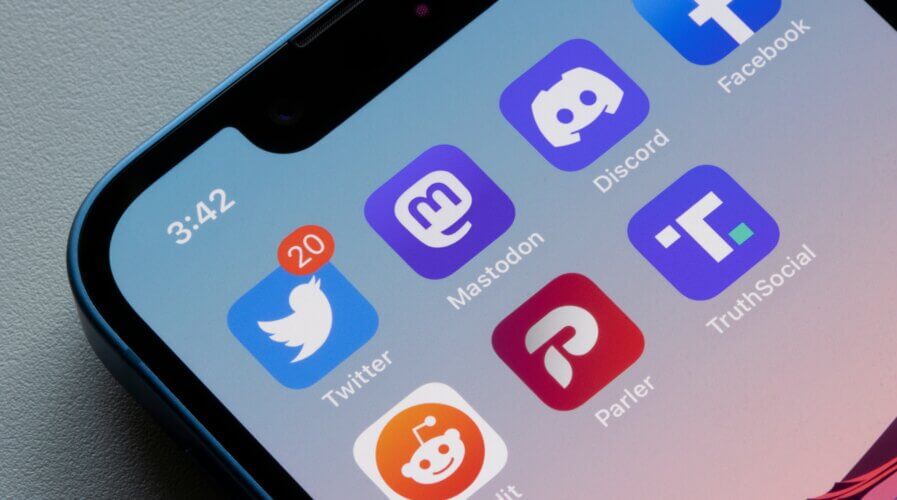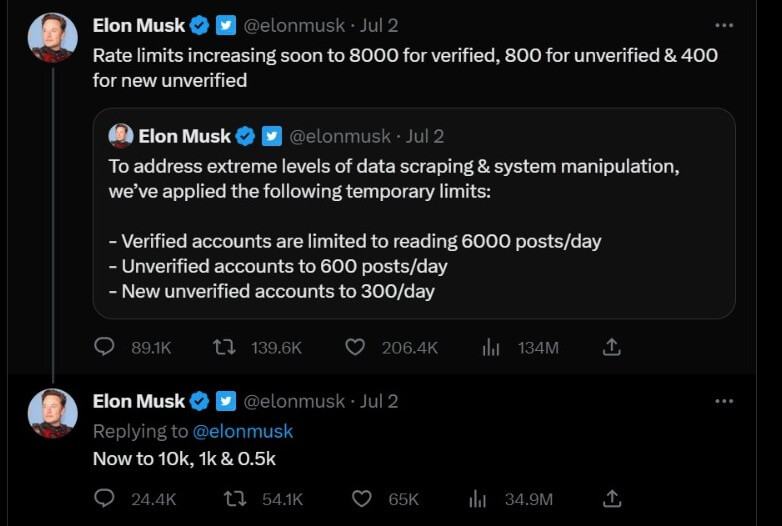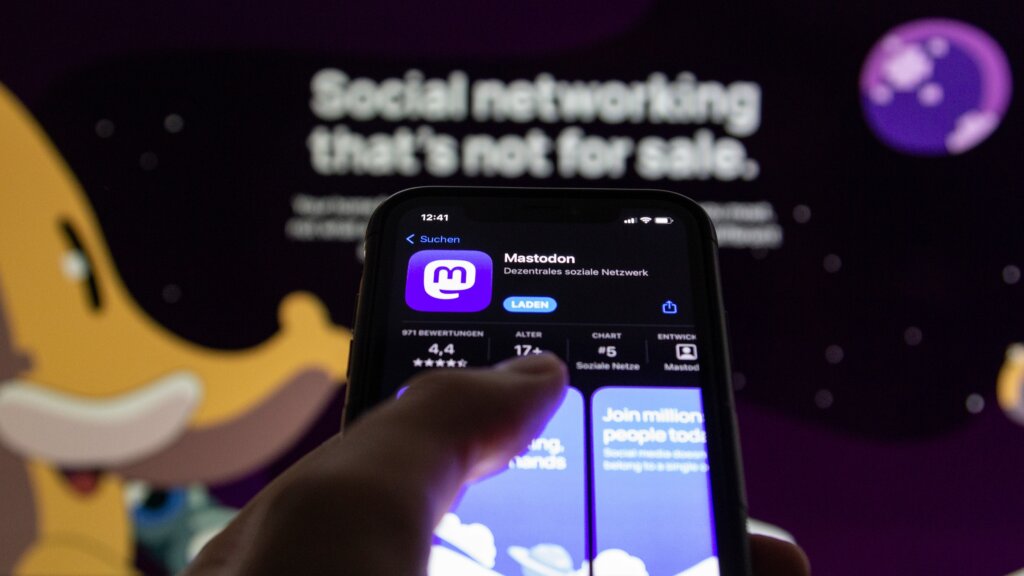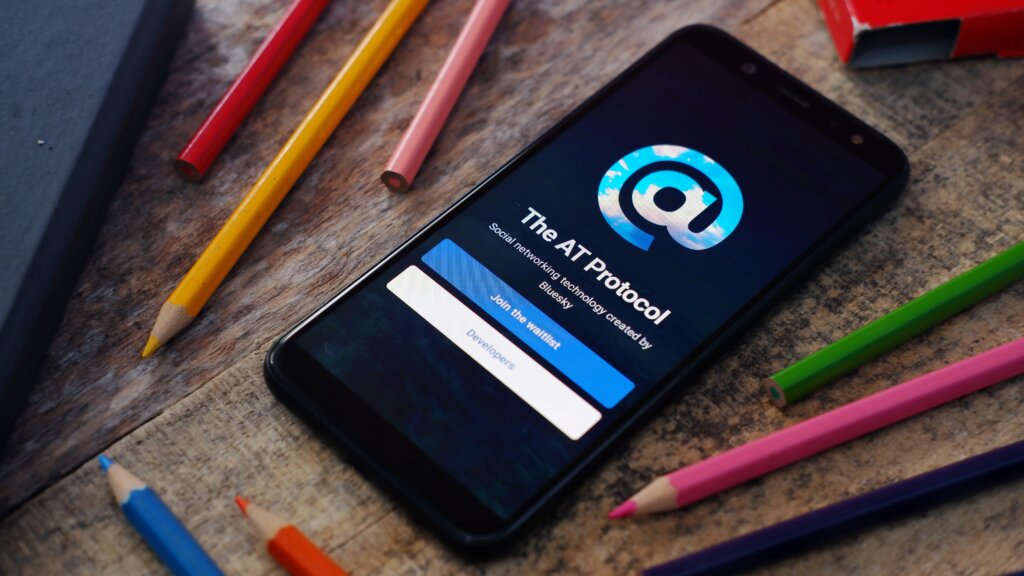
The time has come again for Twitter alternatives to make its rounds.Source: Shutterstock
Annoyed with Musk’s reading paywall? Here are some Twitter alternatives to consider
- Twitter has applied temporary reading limits, triggering many to scout for alternatives again.
- Verified accounts were temporarily limited to reading 6,000 posts a day.
- Unverified accounts got 600 a day and new unverified accounts were limited to 300.
Since Elon Musk acquired Twitter one year ago, the social media site has not been short of dramas – but the latest outrage is by far the most unexpected one, causing many to seek alternatives or, even worse, leave the platform for good. It all started on June 30 when Musk claimed that “several hundred organizations” were taking Twitter’s data in a process called scraping and proclaimed that “it was affecting the real user experience.”
The following day, thousands of users reported widespread problems accessing Twitter: they got an error message stating they had “exceeded” their “rate limit.” What’s worse is that the error message suggests that users have violated Twitter’s rules and downloaded and viewed too many tweets.

The error message on users’ timeline.
Source: Twitter
Not long after, on the same day, Musk took to his Twitter account to announce that the platform would temporarily limit the number of posts users could read daily to address concerns over data scraping. Without stating how long the limits would last or what could prompt him to lift the restriction, Musk shared that verified accounts were temporarily limited to reading 6,000 daily posts.
As for unverified and new unverified accounts, those were limited to reading 600 posts a day and 300 posts a day, respectively. Two hours later, the temporary reading limitation was then increased to 10,000 posts per day for verified users, 1,000 posts per day for unverified, and 500 posts per day for new, unverified users, Musk said in a separate post without providing further details.

Source: Elon Musk’s Twitter
Although the tech mogul has been vocal about his dislike for organizations that scrape Twitter and use tweets for research or to train artificial intelligence programs, no one had anticipated such a move by Twitter. But as with previous frenetic changes at Twitter, this has motivated some users to try alternative sites.
As TechCrunch puts it, interest in Twitter alternatives began in late October 2022, when the Tesla and SpaceX chief officially closed on his US$44 billion Twitter acquisition. “Continual chaos on the microblogging site has been the rule ever since. Amid controversial policy decisions and overnight changes, some subset of the Twitter audience decided to exit to other sites to get their social fix — or at least experiment with different options for a time,” the article aptly puts it.
Considering many remaining Twitter users once again found themselves at the same crossroads, Tech Wire Asia decided to look into the microblogging site alternatives that have been trending since the weekend.
Alternatives benefiting from the latest Twitter exodus
While there are many alternatives available today, here are three which most likely may pose a challenge to Twitter.
Mastodon

Among all the alternatives to Twitter, Mastodon is often cited as the most likely option.
Source: Shutterstock
When Musk bought Twitter nearly six months ago, many users felt it was the right time to leave the platform. Thousands of tweeters fled to Mastodon: a social media project designed from its start in 2016 to resist takeovers by billionaires.
To put it very simply, Mastodon is decentralized. This means instead of a single website, it’s a network of thousands of independently run servers – each with its own moderators and users – who can interact with each other’s posts, called “toots,” using an open protocol called ActivityPub.
Even other social media services can connect to ActivityPub, so no one single can monopolize the broader network that Mastodon is part of, called the “fediverse.” Users are also required to choose a server to determine who would be in charge of their data and what toots they’d see most often.
Mastodon gained roughly 500 thousand users within ten days of Musk’s Twitter takeover on October 27, 2022. By the end of November 2022, there were 2.5 million users registered to the online network, an increase of around 300% within five months. According to Statista, as of March 2023, the decentralized social media platform had over ten million registered users.
There is, however, no clear indication of the number of users Mastodon has gained following Twitter’s latest havoc.
Bluesky
Still an invite-only app in its beta, Bluesky has apparently around 50,000 users, and according to estimates from data.ai, the app has been downloaded more than 375,000 times. Which means many people are trying to get an invite.
Also a decentralized social network, authenticated transport (AT) protocol is the technology upon which Bluesky is built. Bluesky says its AT Protocol allows users to own their online identity and move their account from one provider to another. According to Bluesky’s blog, users have complete control over their algorithm, to give them autonomy over their experience on the app.

The AT Protocol. Source: Shutterstock
The platform had to temporarily halt new signups over the weekend following Twitter’s ruckus. “We will temporarily be pausing Bluesky sign-ups while our team continues to resolve the existing performance issues. We’ll keep you updated when invite codes resume functionality. We’re excited to welcome more users to our beta soon,” Bluesky said in a post.
Incidentally, Bluesky is owned by former Twitter CEO Jack Dorsey. Though Bluesky’s architecture is similar to Mastodon, many users have found Bluesky to be more intuitive, while Mastodon can come off as inaccessible. However, to remain competitive, Mastodon recently simplified its sign-up flow, making mastodon.social the default server for new users.
Hive Social
Like Mastodon and Bluesky, Hive Social was also the beneficiary following Musk’s takeover of Twitter late last year. Within one week of Twitter’s change of ownership, Business Insider reports Hive has seen its number of users spiking to more than two million.
According to TechCrunch, launched in 2019, Hive Social has been dubbed as a Gen Z-focused social app created by Kassandra Pop. Hive combines concepts from various social networks, including Instagram, Twitter, and even MySpace, such as letting users add music to their profiles from Spotify or Apple Music accounts.
Some argued that out of all alternatives to Twitter, Hive is one of the best. “It is user-friendly, not politically obsessed, and has a neat way of differentiating posts and profile feeds without all the bloat and fluff that modern Twitter has come to possess,” a report reads.
Apart from the three above, there is also Mark Zuckerberg’s Twitter clone, Threads. While Threads has yet to be released, there have been reports of the app being released into the Google Play store by mistake a few days ago. The app has since been removed and users would probably need to wait before its debut. However, a report by Bloomberg stated that the Twitter rival is expected to launch this week, according to a listing on Apple Inc.’s App Store.
The app has been developed by Meta since January 2023 and even led to Musk having a go at Zuckerberg. Musk challenged Zuckerberg to a cage match which right now, may just see more support for Zuckerberg pouring in. Either way. Thread is definitely a platform to look out for when it gets released.
READ MORE
- Data Strategies That Dictate Legacy Overhaul Methods for Established Banks
- Securing Data: A Guide to Navigating Australian Privacy Regulations
- Ethical Threads: Transforming Fashion with Trust and Transparency
- Top 5 Drivers Shaping IT Budgets This Financial Year
- Beyond Connectivity: How Wireless Site Surveys Enhance Tomorrow’s Business Network


